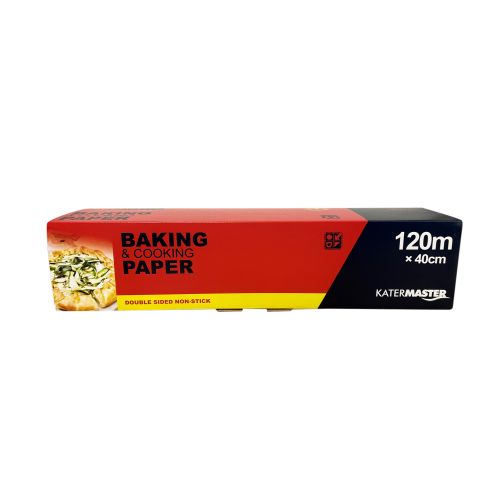Millions of dollars are spent each year on wedding receptions across Australia and New Zealand – much of that being spent on catering. But it’s not just catering for weddings that’s back in demand following a bleak few years due to COVID. Business and social catering is back in full force – along with a renewed focus on sustainable catering practices.
According to the United Nations Environment Programme’s 2021 Food Waste Index, 26% of food wastage globally comes from the food service sector. In Australia, a whopping 65% of food is wasted in the hospitality industry, with paper and cardboard occupying another 18% of waste instead of it being recycled or recovered.
While it is inevitable that some waste will be created by catering businesses, the idea of “conscious catering” – investing in more sustainable products and practices – has grown in popularity as caterers look to leave a positive impact on the environment and society. One factor for this change is the single-use plastics bans across Australia and New Zealand.
According to Richard Tarbitt, Sales Manager, Facilities Management, Retail and Hospitality at Bunzl New Zealand, the bans have forced caterers to consider their future practices. “Sustainability is growing in importance, with contract caterers making more conscious choices about the food, equipment, materials and transport they use in their business.”
Consumers are also contributing to the rise of conscious catering. A 2022 survey of 7000 people commissioned by Deliverect and conducted by Censuswide revealed that 66% of consumers feel it’s important that food service businesses are open about their sustainability business practices. This is also reflected in the growing demand for plant-based and low-waste products and plastic alternatives.
While it can seem intimidating, embracing the concept of conscious catering shouldn’t be onerous to caterers. With a wider variety of catering essentials, such as renewably sourced baking paper and foil and foil trays that can be recycled and reused after washing, it’s easier to find sustainable products.
“[Always] Look to source raw materials offered by reputable and certified sustainable suppliers.”
Richard Tarbitt, Sales Manager, Facilities Management, Retail and Hospitality at Bunzl New Zealand
For catering companies who are unsure, Tarbitt’s advice is to turn to suppliers who specialise in sustainability best practice. “It can be challenging to know what is greenwashing and not. Look to source raw materials offered by reputable and certified sustainable suppliers, such as the Forest Stewardship Council (FSC®).”
Indeed, using sustainable products can be a point of difference in the market, but conscious catering also considers the bigger picture. The connection between staff wellbeing and reducing plastic pollution, food waste and ethical sourcing cannot be overlooked by caterers looking to invest in sustainable practices. “We are seeing an importance placed on staff wellbeing as contract caterers navigate through inflation, cost of living challenges and staff shortages,” says Tarbitt. “Looking after the staff you have is critical to maintaining a productive and sustainable operation.”
Ultimately, the rise of conscious catering allows caterers to focus on sustainable food practices in a viable way that will make a positive impact on the environment and society.
